
Head of Centre
As Head of Centre, you will have overall responsibility for the strategic, operational and pastoral leadership of the centre.  Details & Apply..
Details & Apply..
Activity instructor jobs (sometimes referred to as multi activity instructors), are usually based at a purpose built centre, designed to provide a range of adventure activities to school groups, youth groups such as scouts and guides, businesses through team building events, families and even stag and hen parties. As an instructor you may specialise in just a couple of activities, or you may be required to lead numerous activities. You will usually reside on site, or nearby as the hours of work can be long, and usually involve weekends.

As Head of Centre, you will have overall responsibility for the strategic, operational and pastoral leadership of the centre.  Details & Apply..
Details & Apply..

Delphi Adventure Team now recruiting for 2026! Ready to take your outdoor instruction skills to Ireland's stunning west coast? Join our dynamic team, taking clients through thrilling activities amidst breath-taking landscapes, and make unforgettable new memories in an adventure setting like no other Details & Apply..
Details & Apply..
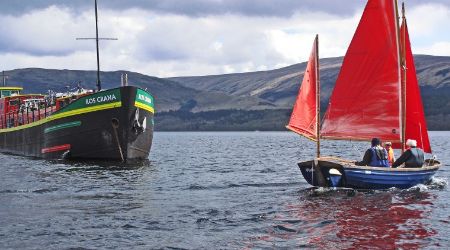
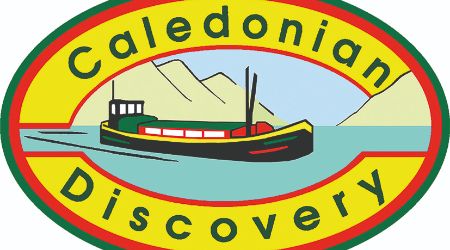
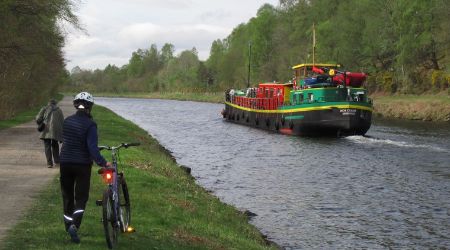
This is a live-aboard position on our large, converted holiday barges in the Scottish Highlands. The Guide will be leading outdoor activities, including canoeing and sailing, within the Great Glen and will at times help to crew one of the barges. Details & Apply..
Details & Apply..
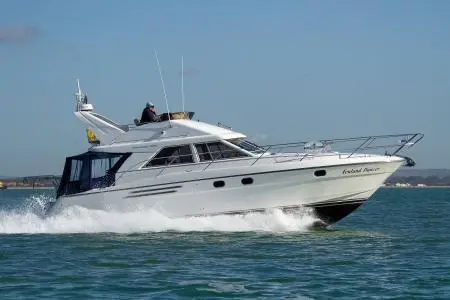

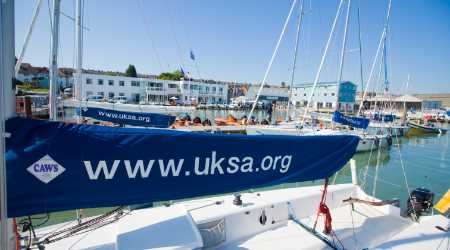
UKSA's hands-on course will equip you with the skills, confidence, and professional knowledge to operate small to medium-sized power vessels safely and effectively in a range of real-world conditions. Details & Apply..
Details & Apply..

As Activities Manager, you will be responsible for the planning, coordination, and delivery of our activity programme, ensuring all sessions meet Manor Adventure’s high standards for safety, engagement, and educational value. You will lead and motivate a team of instructors and manage daily operat Details & Apply..
Details & Apply..

Due to a surge in early season bookings, Manor Adventure have freelance opportunities available for experienced Multi Activity instructors throughout March 2026 across our 5 UK centres.  Details & Apply..
Details & Apply..



Mendip is looking for motivated, passionate and brilliant instructor to take on a year round role at Mendip Activity Centre and help us on our mission, the Mendip Way.  Details & Apply..
Details & Apply..

As Head of Centre, you will have overall responsibility for the strategic, operational and pastoral leadership of the centre.  Details & Apply..
Details & Apply..
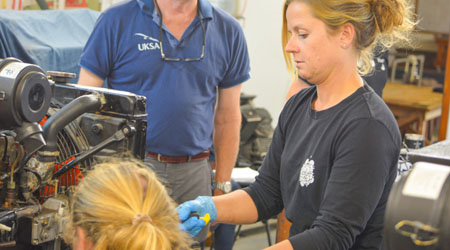


If you are interested in beginning an engineering career on small vessels or on superyachts, this course is a great starting point. Details & Apply..
Details & Apply..

As an Outdoor Instructor, you will deliver a range of fun, memorable and tailored adventurous activities, experiences and adventure holidays aimed at families, individuals and groups. Such as snowmobile tours, ice fishing, snowshoeing and cross country skiing.  Details & Apply..
Details & Apply..
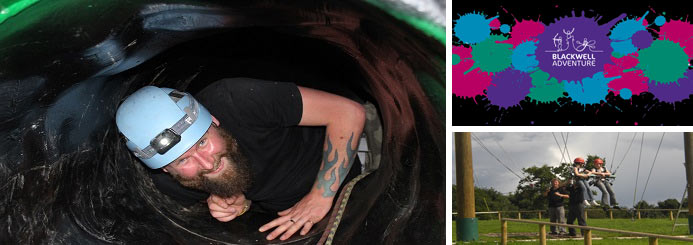
As an Instructor you will deliver exciting and fun activity sessions to our guests, who range from Schools, Scouts and Guides and some adult groups.  Details & Apply..
Details & Apply..

As an Activity Instructor, you will play a vital role in delivering exciting, safe, and educational outdoor experiences to children and young people. You’ll inspire confidence, teamwork, and a love of adventure while ensuring every participant has a memorable and positive experience. Details & Apply..
Details & Apply..
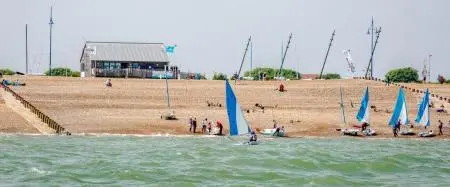

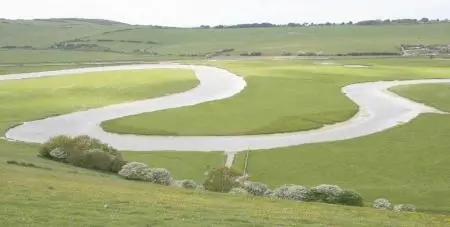
Do you have the experience to lead others and deliver unforgettable outdoor adventures? If you do, join Buzz Active as a Senior Instructor and play a key role in shaping safe, exciting outdoor experiences for schools, community groups and the public across East Sussex.
 Details & Apply..
Details & Apply..
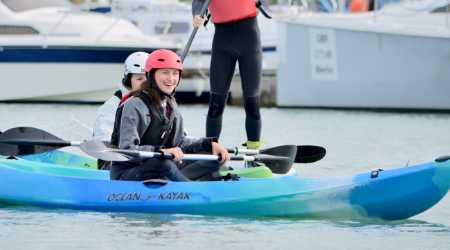


UKSA's fully-funded Maritime Advanced NCFE programme (Level 3 Diploma) is an ideal alternative to school or 6th form college for 16-18 year-olds who have a passion for watersports and outdoor education. Details & Apply..
Details & Apply..
The qualifications required to become an activity instructor vary. Some centres require qualifications for certain positions, this is frequently the case with Local Authority run centres. They usually ask for NGB (National Governing Body) standard qualifications such as RYA Senior or Dinghy Instructor or BCU 2 Star or BCU UKCC Level 1. Depending on the centre and the skills it is looking for obviously. On the other hand, there are plenty of centres who will take instructors with no previous experience but spend a period of time training them to the required standard, almost like an apprentice scheme. This means that you get the training thrown in for free! which can be very useful when you decide to move on to other jobs in the adventure industry.
Some companies that take on activity instructors will give you a training allowance style salary that will come in at around the minimum wage. If you already have experience or some of the sought after National Governing Body qualifications then you are probably looking at a salary between £12,000 to £16,000 on average, depending upon your experience and qualifications of course. For more senior instructor positions you may be able to earn up to £24,000.
Another factor to take into account is that many positions have live in accommdation which is often subsidised or even free. The same goes for your food, so your outgoings are much lower. With some experience you may be able to work as a freelance instructor. Working for more than one centre can increase your earning potential.
 We spoke to Anita, an activity instructor working for an activity centre here in the UK and asked how she got the job, and to describe a typical week of work.
We spoke to Anita, an activity instructor working for an activity centre here in the UK and asked how she got the job, and to describe a typical week of work.
Anita Colbier - Multi activity instructor
"Before I started working here I didn't really have any experience, nor any relevant qualifications, so I was lucky to be invited for an interview. I had just finished my A levels and decided to take a break before starting Uni. The interview was over a full day at the centre, along with perhaps a hundred other people. We took part in some activities and did some team games. We all knew the senior staff were watching and assessing us, but it wasn't intimidating, and everyone was friendly. There was also a more formal interview which lasted about half an hour then I was offered a position for the upcoming season. Speaking to some of the other successful candidates later, a couple of them had worked for similar companies before and they said the selection process really varies from centre to centre, with some offering the position almost on CV alone, while others are even more stringent than here; involving a second interview and assessment. I think the assessment day was a great way to get a feel for the place and the people to see whether it is somewhere you are going to enjoy. After all, working and living on site, it's not like a nine to five job where you go home at the end of the day, so it is really important to be happy.
I have been here almost a full season now and have managed to pass the National Small-bore Rifles Association Award, Level One Canoe and BELA (Basic Expedition Leader Award). I'd say not to let a lack of experience put you off applying. Some places do like qualified instructors and will list any awards they would like you to have in their job description. It cuts down their training costs and means you can slot into their activity centre with minimal disruption. Other centres, like this one, are happy to take people who they can train to do things their way. I like this approach as it means you get good on the job training and they are investing in you as a person. It is an incentive to stay and to work hard. I have some proper qualifications now which will look good on my CV when I come to apply for future adventure jobs.
What do I do. Basically my role as an activity instructor means I take groups of children, sometimes, adults, for activity sessions usually lasting about two hours. I show them how to use the safety equipment - hard hats, ropes, depending on the activity, before each session, then teach them how to get the most from each activity. Sometimes they have tried something before, that can be more difficult as they don't listen as well, especially children who are keen to show off to their peers. Perhaps they think they already know how to do something, where they may not have been formally taught and have picked up bad habits. But most of the time they are completely new to it and take in everything you say, like a sponge.
The best parts of the job are that every day is different. The sunny days are more fun that those when it rains and you get really muddy, but it's all good fun and you have a laugh with your fellow activity instructors. One day you are teaching a group how to canoe, then next day you are teaching another group how to climb and abseil. It is also cool to see the smiles on the kids faces when they learn something new, and to know that you were the one that gave them that new skill.
I had never really thought I would be suited to teaching, but being able to combine that with being outside in the fresh air, rather than stuck in an office is fantastic. I still plan to go to Uni but this experience will be great for my CV, and who knows, I am come back to adventure education."